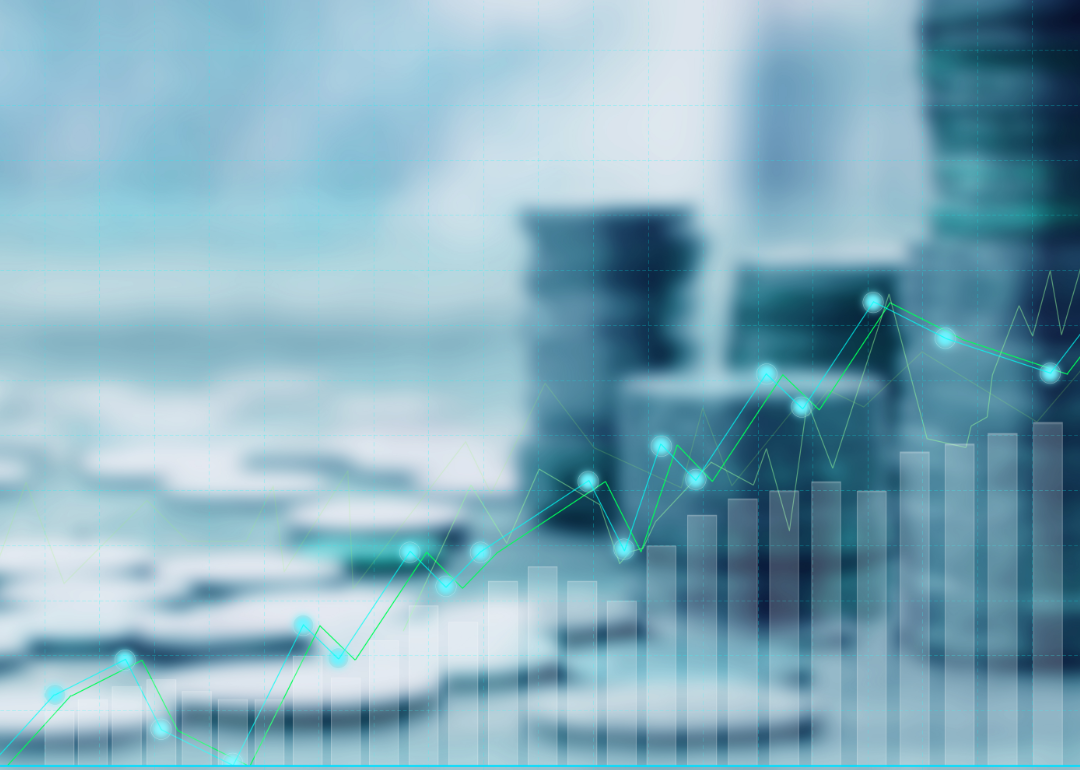
8 banking mistakes the middle class should avoid to maximize their savings potential
8 banking mistakes the middle class should avoid to maximize their savings potential
You might not put too much thought into the banking accounts you use and how you use them, but this can be a costly mistake. If you are a middle-income earner (defined by the OECD as those with an income that is two-thirds to double the U.S. median household income), you should be mindful of where you keep your money to ensure that it is making money — or at the very least, that you aren't losing it to hidden bank fees.
GOBankingrates breaks down eight banking mistakes commonly made by middle class Americans.
Not using high-yield savings accounts
If you're keeping your cash in a traditional savings account, chances are you are not earning as much interest as you could be.
"The national average is only 0.06% APY, while many online banks offer over 2% APY," said Derek DiManno, founding financial advisor at Flagship Asset Services. "That difference really adds up over time."
Keeping too much cash in checking
Most checking accounts are not interest-bearing accounts, and even the ones that do pay interest typically have much lower APYs than what you would get elsewhere. While you should have some cushion in your checking account, keeping too much cash there is a mistake.
"Beyond your one- to two-month buffer, excess funds would be better in savings earning interest," DiManno said.
Not shopping around for the best CD rates
CD accounts are a great way to earn guaranteed interest on your cash, but the offerings will vary greatly from bank to bank.
"Issuers like online banks and credit unions often offer higher yielding CDs than national banks," DiManno said.
Using out-of-network ATMs
While some banks allow for fee-free withdrawals at any ATM, the majority will charge a fee for using an out-of-network ATM. While you might find these ATMs convenient, you are throwing money away on unnecessary fees.
"ATM surcharges can add up," DiManno said. "Try to use your bank's ATM or in-network machines as much as possible."
Paying monthly fees on your checking account
Depending on your checking account, you might be paying a monthly maintenance fee and not even realize it. Make sure your account does not charge a fee, and if it does, switch to a free account ASAP.
"Many online and local banks offer great checking with no monthly fees and minimums," DiManno said.
Not setting up automatic transfers to savings
If your goal is to build up your savings, whether as an emergency fund or for another goal, automating the process will ensure you get there. If you have to manually transfer money each month, you're less likely to do it.
"Automating transfers helps effortlessly build your savings each month," DiManno said.
Keeping your emergency fund in an uninsured account
It's true that you can typically earn more money on your cash when you invest it instead of holding it in savings, but emergency funds should always be kept in a secure account.
"Savings should be in FDIC insured accounts, while long-term investments can afford more risk," DiManno said.
Not taking advantage of CD laddering
CD laddering is a strategy that involves investing in multiple CDs and setting each one to mature at a different time.
"Laddering CDs can help retain access to cash while still earning higher rates," DiManno said.
This story was produced by GOBankingRates and reviewed and distributed by Stacker Media.



